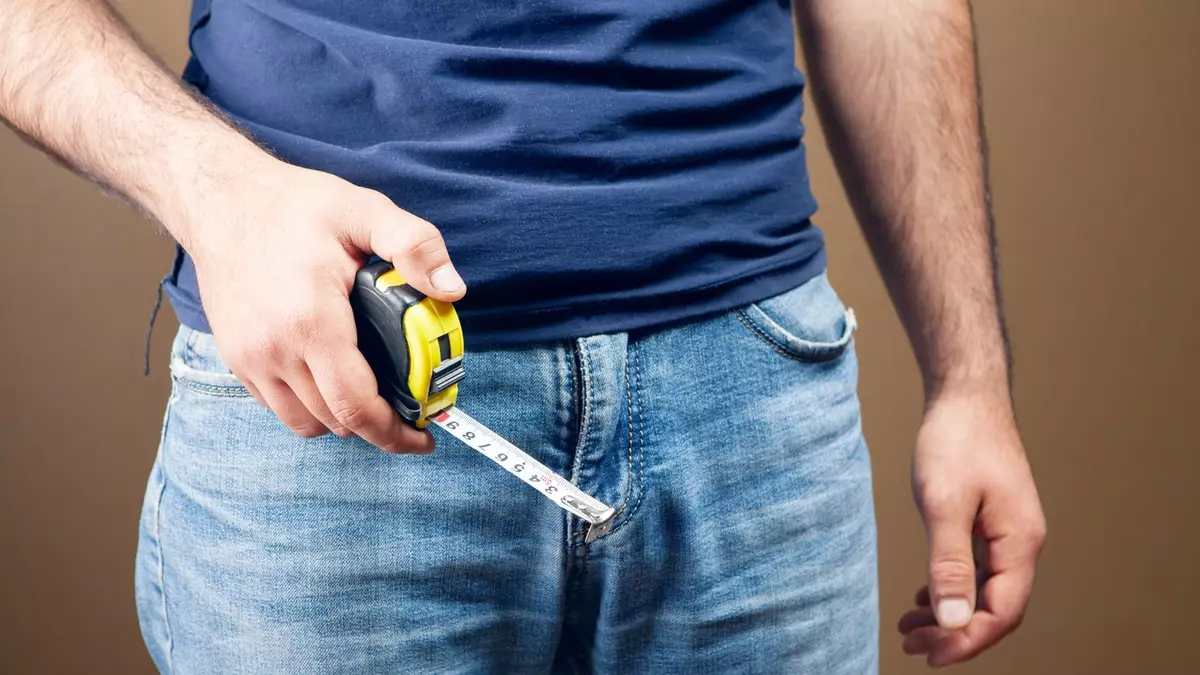Copyright unilad

A new study has found a surprising connection between someone's childhood and their manhood. Yes, guys, as bizarre as it sounds, the way in which you were brought up could potentially affect your penis size. You're probably trying to wrap your head around what you could have possibly done in adolescence to have either elongated or shortened your soldier. Naturally, you're probably thinking of those early childhood memories of you in the bath stretching your winky... yes, I'm writing this in the hope that I wasn't the only one. But it'll probably come as a shock to you to hear that this paper, published in the Journal of Sexual Medicine, found that your upbringing can actually affect the size of your tinker - and not in a good way. The research was carried out by Vietnamese scientists who investigated the penis size of men who visited Hanoi Medical University Hospital. Explaining why the study was conducted, the authors wrote: "Penile size has been a subject of medical and cultural interest. Recent studies mainly focus on correlations between limited adulthood factors and penile parameters. "While discussing obesity as a critical factor affecting the penis, only the body mass index (BMI) is considered, ignoring other indices. Furthermore, the impact of childhood obesity on penile dimensions has not been well established, leading to a gap in knowledge." Yes, the Vietnamese researchers probed whether childhood obesity could actually stunt the growth of a penis... and if you were a chonky little boy, then you'll likely be upset to hear that they found a surprising correlation between stout willies and round bellies. READ MORE: They looked at the peckers of 290 men who came in for reproductive health checks between June 2023 and July 2024, and used old childhood photos to estimate how overweight they were as kids, before measuring different parts of their shafts as adults. On average, the participants' penises had a flaccid length of 8.9 cm, increasing to 14.4 cm when stretched. Meanwhile, researchers found that men who were obese as kids tended to have shorter penis lengths as adults, including stretched and flaccid measurements. They also discovered that being overweight as an adult didn't affect the actual size of their member. However, it did affect how it appeared, with one example being that there was more fat around the pubic area, which made it seem shorter. The doctors also noted that larger waist and hip sizes were linked to slight differences in measurements, while being circumcised as a child also had a small negative effect on the stretched length of the participants' manhood. The authors concluded: "Childhood obesity is associated with penile growth, while adulthood obesity relates to the appearance of the penis rather than the actual size. "Thus, there is a need for early interventions to mitigate the potentially long-term effects of childhood obesity on penile development." While researchers established the connection, they also found that further research would be needed because their primary source model used 3D models from childhood photos, which they said 'may introduce recall bias and potential systematic errors'.



